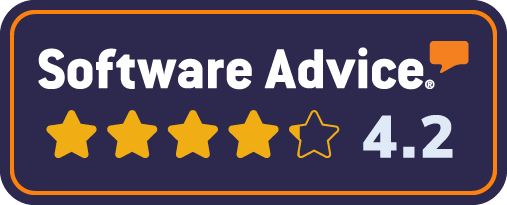Unlock Market Insights & Stay Ahead with our
Ecommerce Data Scraping Services
As the e-commerce landscape rapidly evolves, staying informed with accurate, up-to-date data is key to success. At PromptCloud, we specialize in e-commerce data scraping services that empower businesses to enhance their strategies and market positioning. Our tailored solutions allow you to gather essential product data from multiple sources efficiently, helping you maintain a strategic advantage in the marketplace.
Tailored web scraping services to match your unique e-commerce needs.
Stay ahead with the latest market insights delivered in real-time.
Capture comprehensive information from diverse online sources.
Seamlessly integrate data with any system in your preferred format.
Gain a strategic advantage with precise and actionable market data.





































